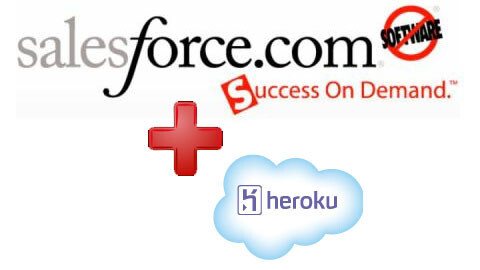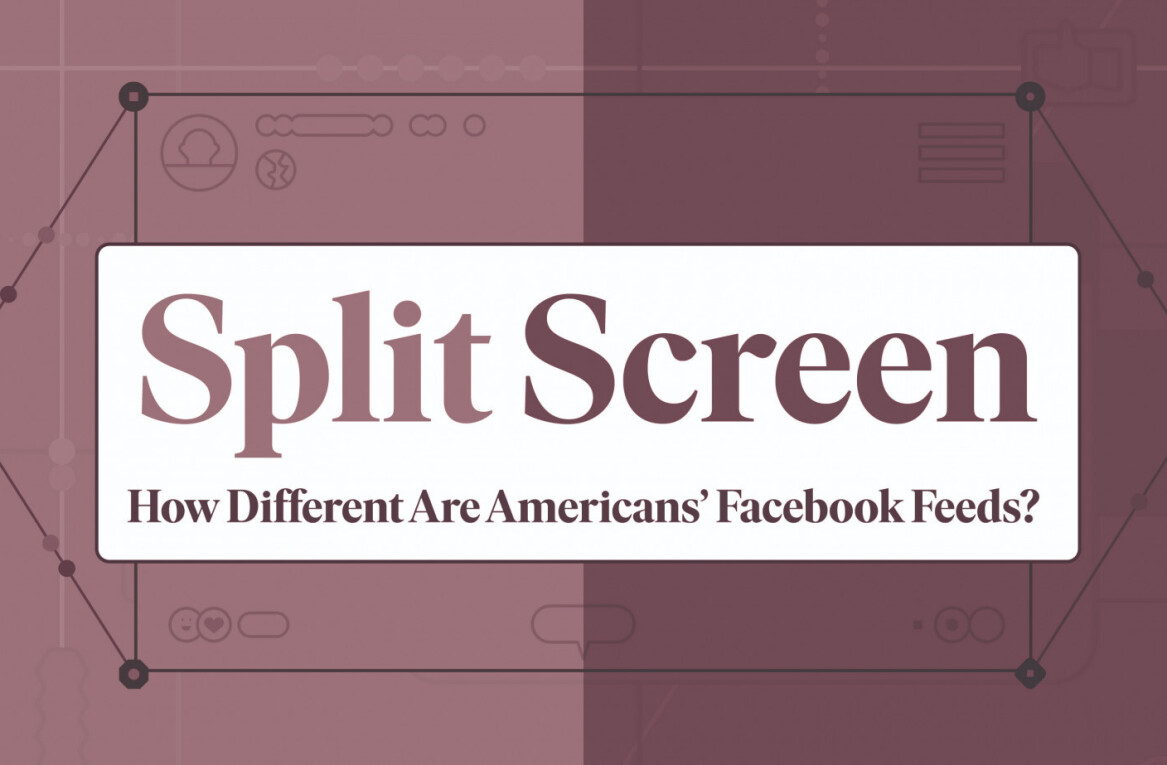
 Almost every popular website has a Facebook “Like” button. Millions of people press that button everyday, unaware of the full consequences that Facebook has recently implemented.
Almost every popular website has a Facebook “Like” button. Millions of people press that button everyday, unaware of the full consequences that Facebook has recently implemented.
A post on the Facebook developer’s blog highlighted the ability for site owners to directly post in user’s newsfeeds.
This option for site owners, launched at last year’s Facebook f8 conference is not a new feature, but not every publisher knows about it. It allows admins to engage a subset of their audience with highly relevant updates, and the worst part is that users have almost no control over managing this incoming information.
For example, if you Liked a story on a website by pressing the Like button you’re not only sharing the content on your wall but you’re also automatically subscribing and giving permission for future newsfeed updates to site owners. This happens every time and anywhere you Like something.
Let’s say TNW had a story about the iPad 2 coming out. We could then send a blast directly to the newsfeed of those who have Liked those types of stories in the past, instead of updating our Facebook Page. Which would be a great way to remind those users that do not check our Facebook Page regularly about a story they would be interested in.
So while this is a good outreach tool for publishers, if not used correctly it could result in making Facebook more spammy for users. If a site owner chooses to adopt this feature, the only way to stop receiving targeted Like updates in your Facebook newsfeed, is to find the original Like and manually Unlike it.
Facebook is taking steps to make site developers aware of underused utilities such as this, but it should also actively let users know that pressing Like has strings attached. Additionally, asking members to manually search and Unlike stories is a tiresome solution to unsubscribe from in-feed updates. Perhaps another revision or addition of its Privacy settings is needed?
Rest assured we won’t be spamming our readers and we will be monitoring how Facebook deals with over excited site owners.
Get the TNW newsletter
Get the most important tech news in your inbox each week.





